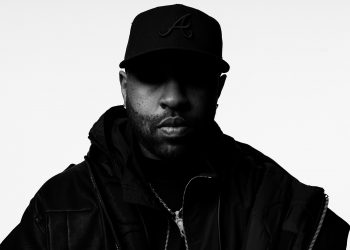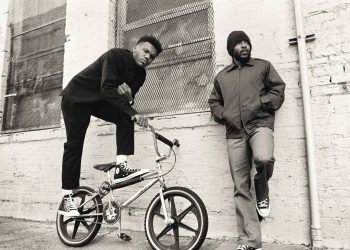Jay-Z has already expressed his sadness with Meek Mill’s recent sentencing for probation violation but he’s now penned a full op-ed on the situation with NY Times.
Common Pleas Judge Genece Brinkley cited a failed drug test and a failure to comply with a court order restricting Meek’s travel as her basis for the harsh sentencing of two to four years in jail for the rapper. There has been some controversy as well. Meek’s lawyer addressed the harsh punishment, calling it a “travesty of justice.” He also claimed that the judge asked Meek to quit Roc Nation and hire her friend’s management services.
Hov has spoken out about the inequities of the criminal justice system a few times in the past but this new piece focuses directly on Meek’s sentencing.
“On the surface, this may look like the story of yet another criminal rapper who didn’t smarten up and is back where he started. But consider this: Meek was around 19 when he was convicted on charges relating to drug and gun possession, and he served an eight-month sentence. Now he’s 30, so he has been on probation for basically his entire adult life. For about a decade, he’s been stalked by a system that considers the slightest infraction a justification for locking him back inside,” Jay writes about the harsh sentence.
“Instead of a second chance, probation ends up being a land mine, with a random misstep bringing consequences greater than the crime. A person on probation can end up in jail over a technical violation like missing a curfew,” the mogul writes. “Taxpayers in Philadelphia, Meek Mill’s hometown, will have to spend tens of thousands of dollars each year to keep him locked up, and I bet none of them would tell you his imprisonment is helping to keep them safer. He’s there because of arrests for a parole violation, and because a judge overruled recommendations by a prosecutor and his probation officer that he doesn’t deserve more jail time. That’s why I stopped my show in Dallas last week to talk about Meek.”
Jay also cites statistics about the rate of probation in the nation, noting that as of 2015, one-third of the 4.65 million Americans who were on some form of parole or probation were black. “In Pennsylvania, hundreds of thousands of people are on probation or parole. About half of the people in city jails in Philadelphia are there for probation or parole violations. We could literally shut down jails if we treated people on parole or probation more fairly,” he notes.
Read the full op-ed here.













Discussion about this post